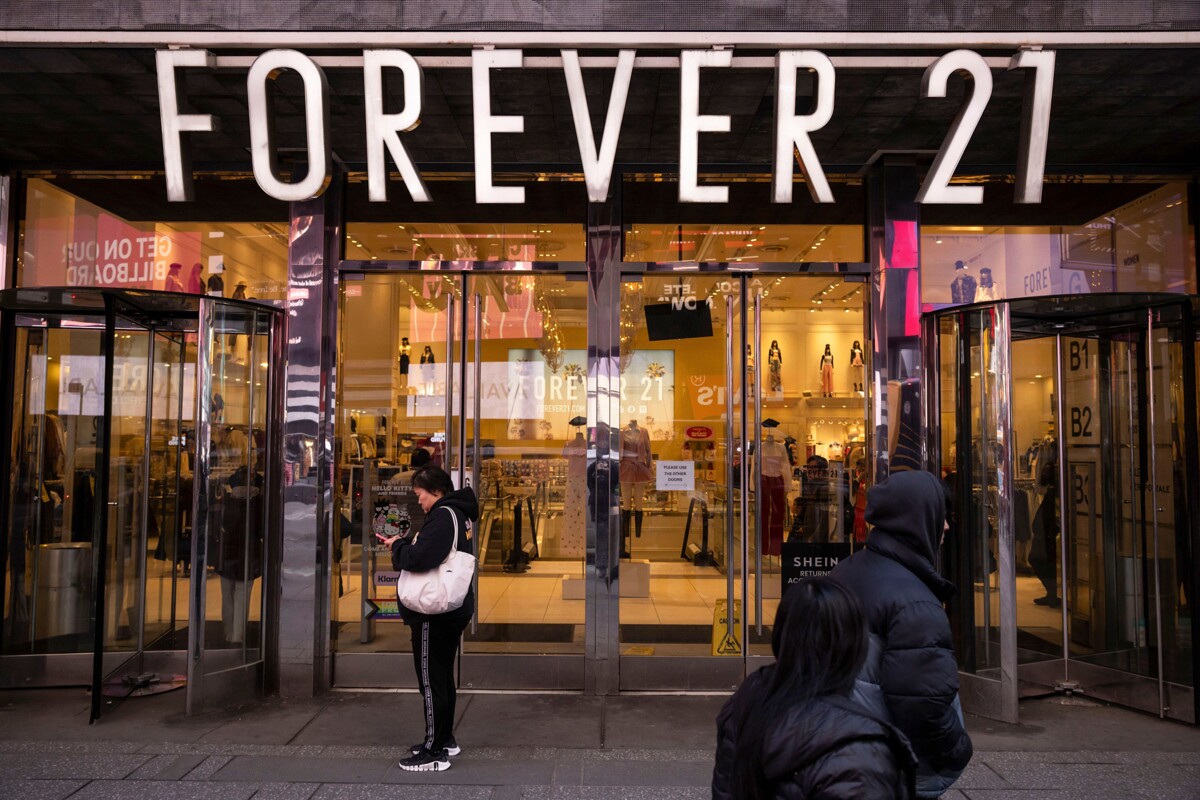
The U.S. retailer Forever 21 has declared bankruptcy for the second time due to rising inflation and intense competition in the fast fashion sector. Forever 21 stores have been popular among young women for their affordable and stylish clothing since the 1980s, but have been affected by rising inventory and labor costs in recent years.
Online retailers like Temu and Shein have also pressured the company. Facing significant losses, operator F21 Opco filed for bankruptcy (Chapter 11) in Delaware with total funded debt of approximately $1.58 billion.
Competition stemming from the "de minimis" exemption, which allows foreign retailers to ship low-value packages to the U.S. without tariffs or import duties, has also been a factor. The administration of President Donald Trump is seeking to stop this exemption, raising concerns in the industry.
The clothing brand had previously gone through a bankruptcy process in 2019, resulting in the closure of hundreds of stores and leaving creditors with little recovery. At that time, a group of buyers came together to rescue Forever 21 from bankruptcy through Sparc Group.
On this occasion, the company plans to conduct liquidation sales in its stores and undertake a court-supervised sale process for some of its assets. If the sale is successful, Forever 21 could avoid a total liquidation of its operations and find a solution to continue operating in the future. Forever 21 locations outside the U.S. are not affected by this bankruptcy declaration.











